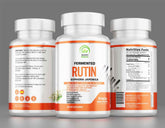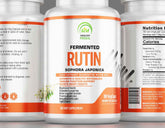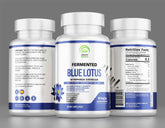Filter
3 results
20
- 10
- 15
- 20
- 25
- 30
- 50
Best selling
- Featured
- Best selling
- Alphabetically, A-Z
- Alphabetically, Z-A
- Price, low to high
- Price, high to low
- Date, old to new
- Date, new to old
Sort
Sort by:
- Featured
- Best selling
- Alphabetically, A-Z
- Alphabetically, Z-A
- Price, low to high
- Price, high to low
- Date, old to new
- Date, new to old
-
Calea Zacatechichi - Calea Ternifolia
Calea Zacatechichi: The Power of the Dream Herb Calea zacatechichi has garnered a lot of interest and a lot of people know it simply as the “dream herb”. But what is it, exactly? Why is it called the dream herb? Does it have any...- €26,00
€32,00- €26,00
- Unit price
- / per
-
Blue Lotus - Nymphaea Caerulea
Everything You Should Know About Blue Lotus Have you ever heard of blue lotus benefits? If not, today we set that right for you. Blue lotus is not as well known as other flowers, but it’s packed with good stuff. From its rich nutrient...- €28,00
€35,00- €28,00
- Unit price
- / per
-
Kanna - Sceletium Tortuosum
Kanna Sceletium Tortuosum: What It Is and Health Benefits A lot of people don’t really think of brain health until they’re older. However, it’s never too early to take care of your brain and improve your cognitive longevity. That’s where kanna comes in, a...- €32,00
€40,00- €32,00
- Unit price
- / per


















